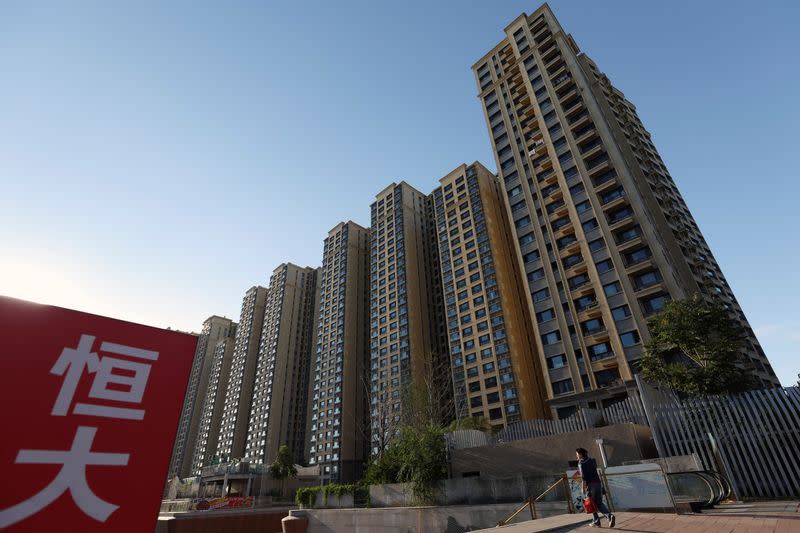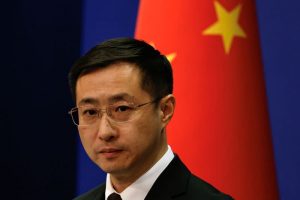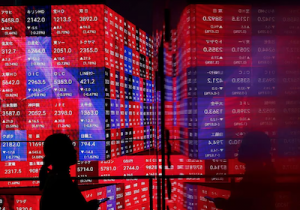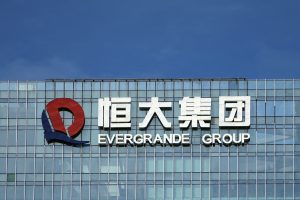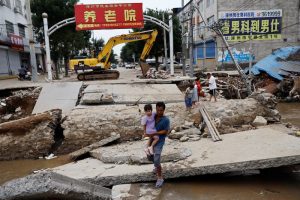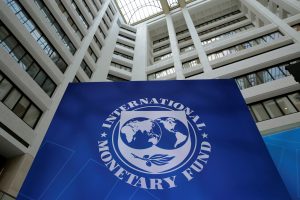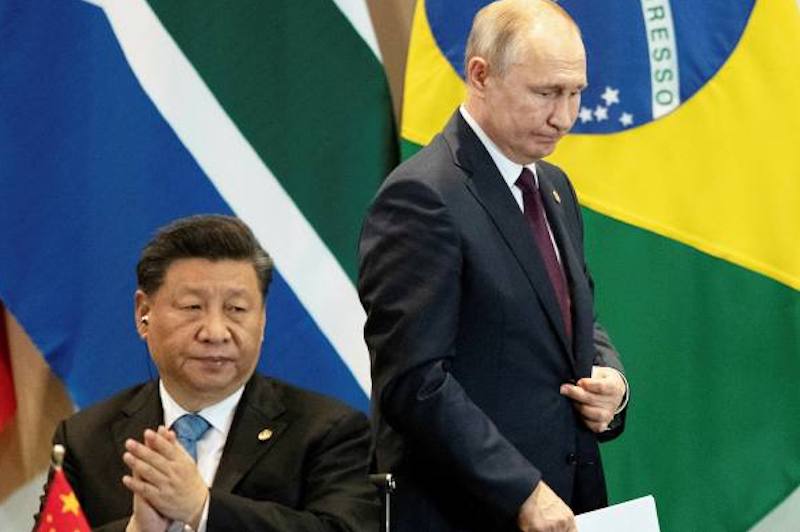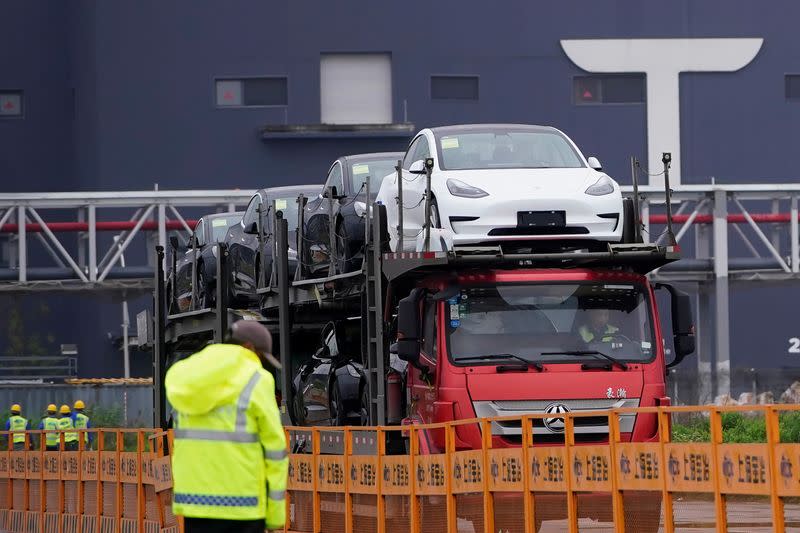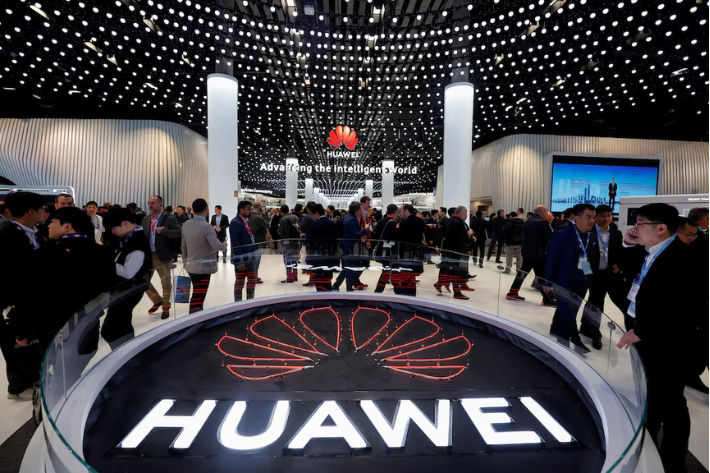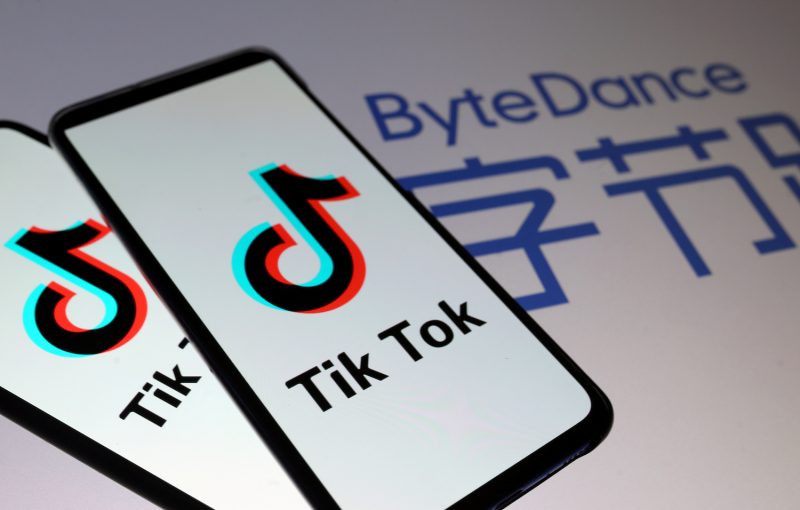A court in Hong Kong ordered the liquidation of property giant China Evergrande Group on Monday.
The move, which has been a long time coming, given repeated efforts by the company to arrange a restructuring proposal, is likely to send weigh on China’s troubled financial markets as policymakers scramble to contain a deepening crisis.
Justice Linda Chan decided to liquidate the world’s most indebted developer, with more than $300 billion of total liabilities, after noting Evergrande had been unable to draw up a concrete restructuring plan more than two years after defaulting on a bond repayment and after several court hearings.
“It is time for the court to say enough is enough,” said Chan, who was due to give details of her reasoning later on Monday.
ALSO SEE: US Plans New Rules for Cloud Firms to Cut Off China AI Access
The big issue from most legal commentators following this decision is how courts on mainland China will react to this move, given that is where most of the debt-laden conglomerate’s projects are.
Trading in company and subsidiaries’ shares halted
Evergrande chief executive Siu Shawn told Chinese media the company will ensure home building projects will still be delivered despite the liquidation order. The order would not affect the operations of Evergrande’s onshore and offshore units, he added.
The decision sets the stage for what is expected to be drawn-out and complicated process with potential political considerations, given the many authorities involved. Offshore investors will be focused on how Chinese authorities treat foreign creditors when a company fails.
“It is not an end but the beginning of the prolonged process of liquidation, which will make Evergrande’s daily operations even harder,” said Gary Ng, senior economist at Natixis. “As most of Evergrande’s assets are in mainland China, there are uncertainties about how the creditors can seize the assets and the repayment rank of offshore bondholders, and situation can be even worse for shareholders.”
Evergrande’s shares were trading down as much as 20% before the hearing. Trading was halted in China Evergrande and its listed subsidiaries China Evergrande New Energy Vehicle Group and Evergrande Property Services after the verdict.
Complex process
Evergrande, which has $240 billion of assets, sent a struggling property sector into a tailspin when it defaulted on its debt in 2021 and the liquidation ruling will likely further jolt already fragile Chinese capital and property markets.
Beijing is grappling with an underperforming economy, its worst property market in nine years and a stock market wallowing near five-year lows, so any fresh jolt to investor confidence could further undermine policymakers’ efforts to rejuvenate growth.
Evergrande applied for another adjournment on Monday as its lawyer said it had made “some progress” on the restructuring proposal. In the latest offer, the developer proposed creditors swap their debts into all the shares the company holds in its two Hong Kong units, compared to stakes of about 30% in the subsidiaries ahead of the last hearing in December.
Evergrande’s lawyer argued liquidation could harm the operations of the company, and its property management and electric vehicle units, which would in turn hurt the group’s ability to repay all creditors.
Evergrande had been working on a $23-billion debt revamp plan with a group of creditors known as the ad hoc bondholder group for almost two years.
“We’re not surprised by the outcome and it’s a product of the company failing to engage with the ad hoc group,” said Fergus Saurin, a Kirkland & Ellis partner who had advised the offshore bondholders. “There has been a history of last minute engagement which has gone nowhere. And in the circumstances, the company only has itself to blame for being wound up.”
Evergrande cited a Deloitte analysis during a Hong Kong court hearing in July that estimated a recovery rate of 3.4% if the developer were liquidated. After Evergrande said in September its flagship unit and its chairman Hui Ka Yan were being investigated by the authorities for unspecified crimes, creditors now expect a recovery rate of less than 3%.
The ruling is expected to have little impact on the company’s operations including home construction projects in the near term, as it could take months or years for the offshore liquidator appointed by the creditors to take control of subsidiaries across mainland China – a different jurisdiction from Hong Kong.
The liquidation petition was first filed in June 2022 by Top Shine, an investor in Evergrande unit Fangchebao which said the developer had failed to honour an agreement to repurchase shares it had bought in the subsidiary.
Before Monday, at least three Chinese developers have been ordered by a Hong Kong court to liquidate since the current debt crisis unfolded in 2021.
- Reuters with additional editing by Jim Pollard
NOTE: This report was updated for minor edits.
ALSO SEE:
China Evergrande Facing Potential Wind-up Hearing on Monday
Evergrande Unit Launches $280m Legal Case Against Parent
Evergrande Chief’s Two Luxury Mansions ‘Seized by Creditor’
Evergrande ‘Offering Offshore Creditors 30% Stake in Two Units’
Beijing Seen Taking Over China Evergrande’s Debt Revamp
China Evergrande Chairman ‘Suspected of Crimes’, Company Says
Hui Ka Yan and The Rise and Fall of China Evergrande
China Evergrande Files Claim in US Court to Protect Its Assets




